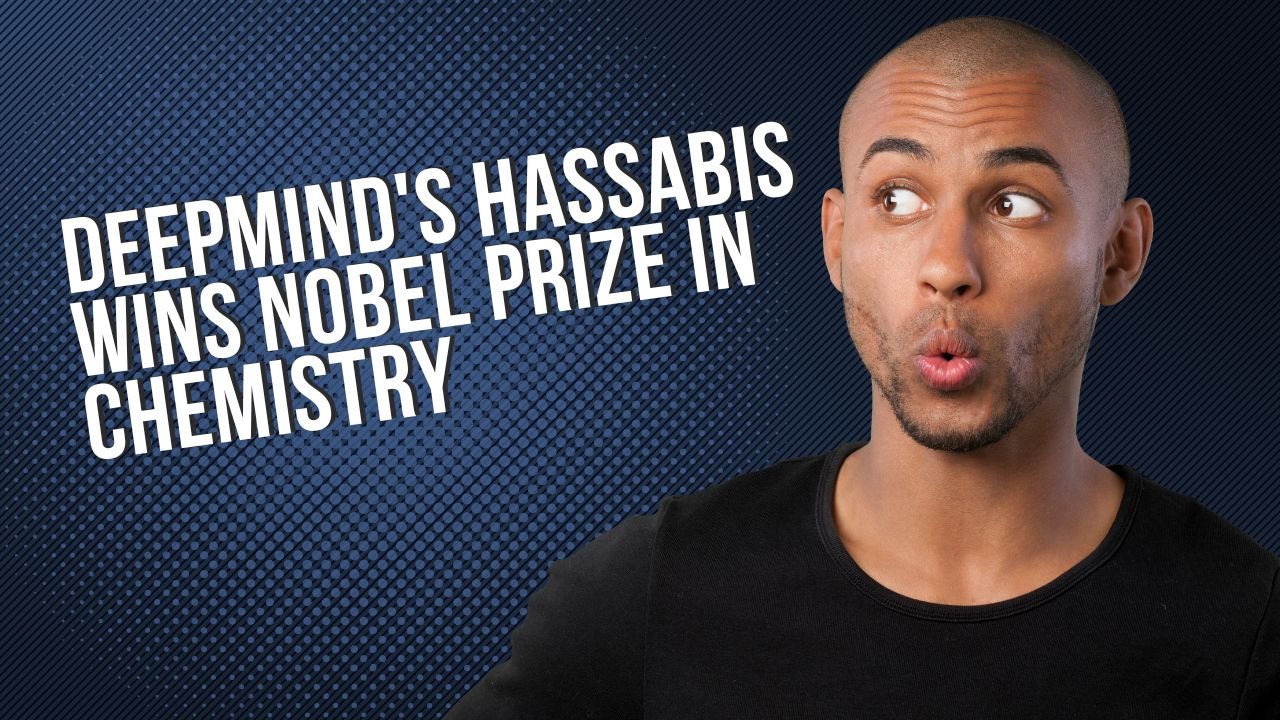The Royal Swedish Academy of Sciences has announced that Demis Hassabis and John Jumper of Google DeepMind have been awarded the 2024 Nobel Prize in Chemistry. They share this prestigious honor with David Baker for their groundbreaking work in protein research using artificial intelligence and computational methods.
Nobel Prize Recipients
The 2024 Nobel Prize in Chemistry, valued at 11 million Swedish kronor ($1.06 million), was split between three scientists:
- Demis Hassabis and John Jumper of Google DeepMind (jointly awarded half the prize)
- David Baker from the University of Washington (awarded the other half)
Hassabis and Jumper were recognized for their work on protein structure prediction, while Baker was honored for his advances in computational protein design. This award underscores the growing importance of AI and computational methods in addressing complex scientific challenges, particularly in biochemistry.
AlphaFold2 Achievements
Hassabis and Jumper’s AI model, AlphaFold2, has revolutionized protein structure prediction by solving a 50-year-old challenge in biology. The system can accurately predict the 3D structure of proteins from their amino acid sequences. Since its release, AlphaFold2 has:
- Predicted the structure of almost all 200 million known proteins
- Been utilized by over 2 million researchers from 190 countries
- Enabled better understanding of biological processes and diseases
- Accelerated drug discovery and development processes
- Opened up new possibilities in fields such as materials science and environmental research
Impact on Scientific Research
The Nobel Prize recognition of AI-driven protein structure prediction has significant implications for scientific research. AlphaFold2’s ability to accurately model protein structures has accelerated research in various fields, including antibiotic resistance and plastic decomposition. This breakthrough enables scientists to better understand complex biological processes and design novel proteins with specific functions.
The widespread adoption of AlphaFold2 by researchers worldwide demonstrates its transformative impact on the scientific community. Additionally, the success of this AI-powered approach highlights the potential for machine learning to solve long-standing challenges in other scientific disciplines.
Demis Hassabis Background
Demis Hassabis, 48, is a former chess prodigy who founded DeepMind, which was later acquired by Google. His journey in artificial intelligence led to his knighthood earlier in 2024 for his services to AI in the United Kingdom. As CEO of Google DeepMind, Hassabis leads a team that combines expertise from machine learning, engineering, physics, biology, and philosophy to create an environment conducive to cutting-edge research.

